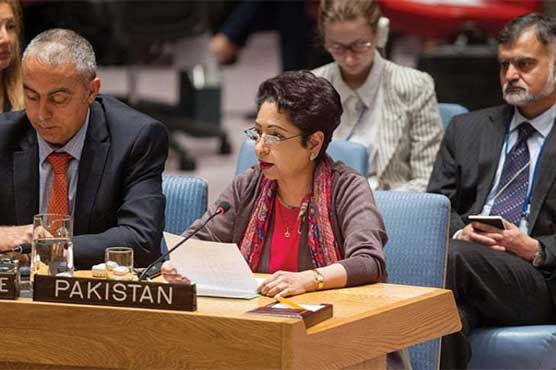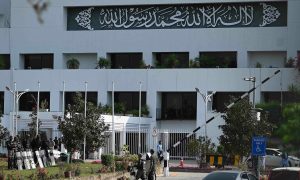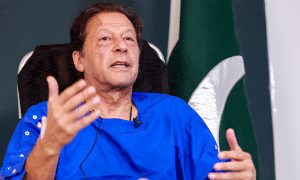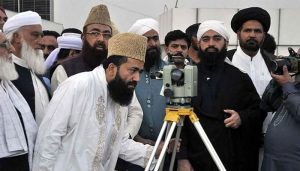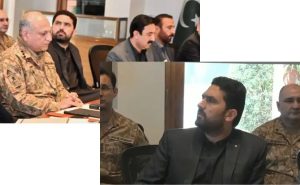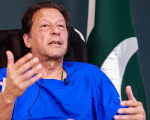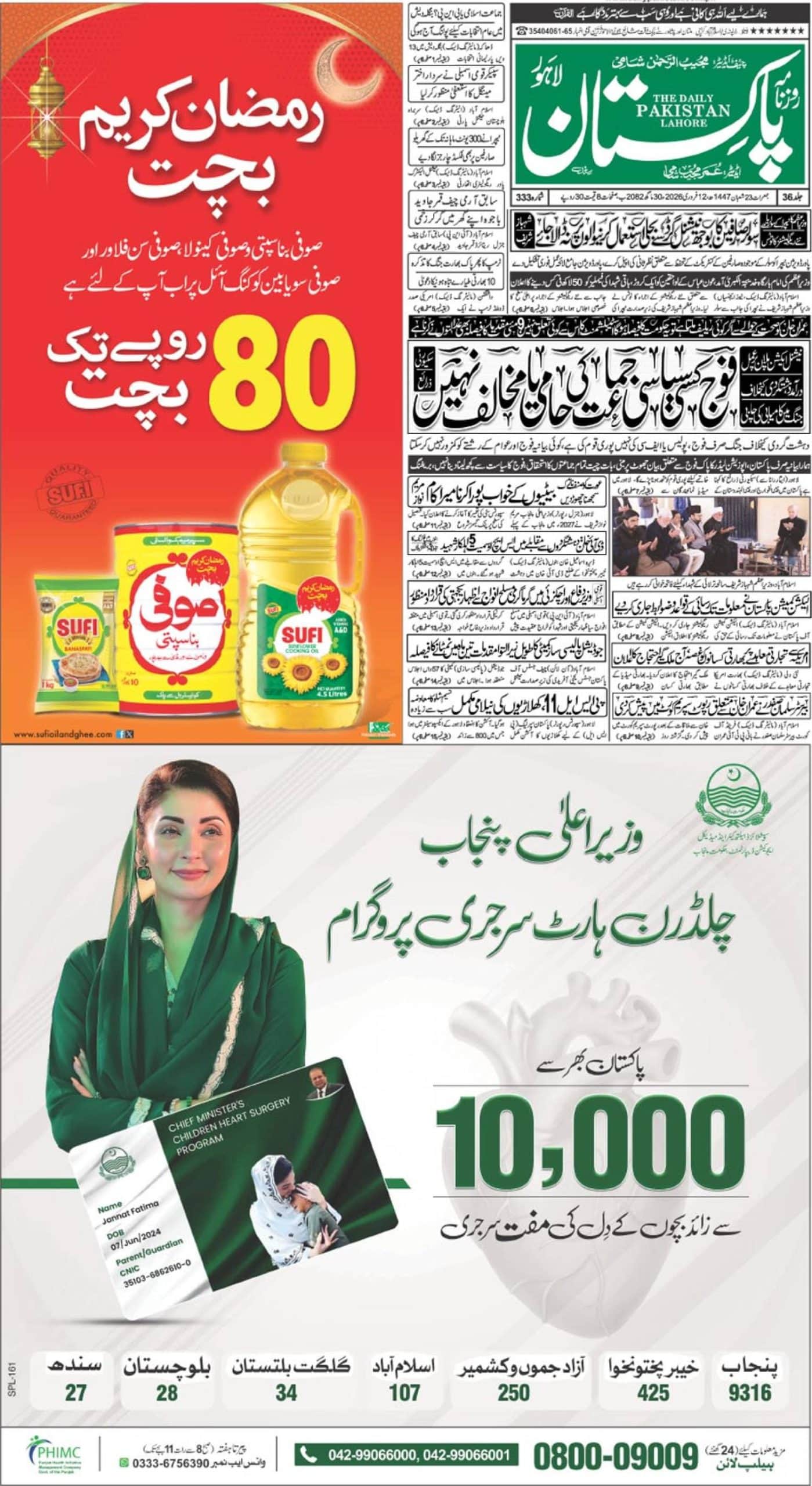NEW YORK – Pakistan has said that neither side in the Afghan conflict can impose a military solution on each other and called for a negotiated end to the war.
“Neither the Coalition and Kabul, nor the Afghan Taliban, can impose a military solution on each other”, Pakistan’s Ambassador to the UN, Dr Maleeha Lodhi told the 193 member UN body while participating in the annual debate in the General Assembly on the situation in Afghanistan.
Arguing against the continuing resort to military force in Afghanistan, she said that “sixteen years of war, waged by the world’s most powerful forces, have not secured a military solution.”
“The promotion of a political settlement and the pursuit of a military solution in Afghanistan are mutually incompatible”, Lodhi said and added that another resort to the military option without an accompanying political strategy will not produce a result different from the past. “It will instead lead to more violence and suffering for the Afghan people and further instability in the region,” she asserted.

The international community, she said, is unanimous in its view that sustainable peace in Afghanistan is achievable only through a negotiated settlement. “The resolution that the UNGA adopted today reaffirms this international consensus,” she emphasised.
The Pakistani envoy said her country has consistently proposed a political settlement as the most viable course to end the decades of conflict and suffering in Afghanistan.
In her address to the UNGA Ambassador Lodhi also called on the Afghan Taliban to abandon violence and come to the negotiating table to engage in a serious dialogue for peace.
While welcoming the Afghan peace and reconciliation plan, Ambassador Lodhi expressed the hope that it will serve as a first step towards working for a political settlement.
Ambassador Lodhi also highlighted the fallout on Pakistan of the prolonged conflict in Afghanistan, including terrorism, which Pakistan has been obliged to address.
She said, “We have deployed 200,000 troops on our western border; we have conducted the largest anti-terrorism campaign anywhere in the world; these military campaigns have succeeded in clearing our tribal areas of almost all militant and terrorist groups”.
She also told the world body of the heavy price paid by Pakistan. “Over 27,000 Pakistanis, including 6,500 military and law enforcement personnel have been martyred as a result of terrorism. Pakistan’s economic losses are estimated at over $120 billion”, she added.
In her statement, Ambassador Lodhi also recounted comprehensive and tangible steps taken by Pakistan over the years to support Afghanistan’s economy and development.
“Pakistan facilitates the transit of Afghan goods without any quantitative restrictions. We have recently taken a series of additional measures, to facilitate transit trade,” she said.
Lodhi said Pakistan envisaged a future of even closer economic cooperation with Afghanistan. Pakistan has actively promoted the TAPI gas pipeline and the CASA 1000 project, which would address the energy needs of the region and generate significant economic activity in Afghanistan.
She emphasised closer cooperation between Pakistan and Afghanistan as a vital component of the endeavor to realize peace and security within Afghanistan and the entire region. In that regard she said that Pakistan has shared comprehensive proposals with Afghanistan to monitor and control the border and for effective border management. This includes the establishment of a “Ground Coordination Centre” and deployment of Liaison Officers on the international border.
“We believe such measures can play a vital role in stopping the cross border movement of terrorists. We hope that the Afghan Government will respond positively to our proposals to strengthen border controls,” she added.
She concluded her address by saying that the path to peace in Afghanistan was ‘arduous but achievable’. However, she added, “it was up to the Afghan parties themselves to acknowledge that there was no alternative path to peace than an unconditional dialogue”, and thus make the tough but necessary compromises to arrive at a negotiated peace.

